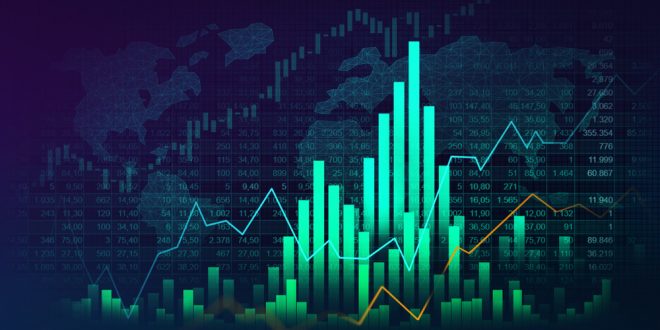Getting prepared for hard times seemed to be a popular theme among Americans. As bank woes hit the news headlines, clients have started to signal more urgent concerns. A lot of it is post-traumatic stress recalling the bad memories of the global financial crisis in 2008. But the numbers today, including recent stock gains, are stronger than they were then.
However, there are a few measures that experts advise the typical US resident to take right away to make sure you are ready to weather a downturn. Whether or not Americans still have jobs determines a lot about how they may be affected by a crisis. Even those who are still working may experience a decrease in income during an economic downturn. In light of this, it is a good notion to assess how well one could handle a decrease in income amid high inflation.
The Leading Economic Index:
The Leading economic index for February fell 0.3%. The US leading economic index fell 0.3% in February, this is the eleventh decline in a row, continuing to signal an upcoming recession. Economists polled by the Wall Street Journal had forecast a 0.4% drop. The leading economic index, also known as the LEI, is a gauge of 10 indicators designed to show whether the economy is getting better…
Consumer Sentiment Reading:
Even before US citizens knew about SVB’s crisis, financial pressures made them more anxious about the economy. Further stress at the US banking sector could only worsen the overall sentiment.
US consumer sentiment index dropped to 63.4 from 67. The numbers. A survey of consumer sentiment slid to 63.4 in March and fell for the first time in four months, reflecting anguish among Americans about high inflation and the health of the economy. Respondents said they expect inflation to rise 3.8% over the next year, the lowest reading since April 2021, according to the University of Michigan’s preliminary reading. They expect prices to advance 2.8% over the next five to ten years, the lowest in six months.
The preliminary reading in March was down from 67 in February, the University of Michigan said. Most of the survey was completed before the collapse of Silicon Valley Bank. US short-term inflation expectations fell in early March to the lowest level in nearly two years and long-run views also eased, but consumer sentiment still fell due to persistently high prices.
With expectations for a recession already in the forecast for 2023, the recent failures of Silicon Valley Bank and Signature Bank have further stoked fears that an economic downturn could be on the horizon. But it remains to be seen when a recession, defined as two consecutive quarters of negative gross domestic product growth, could take place.
Yet many Americans, 41%, have taken steps to prepare for a possible economic downturn, according to a survey by Morning Consult. That survey, of 2,203 adults, was taken in February, well before the recent banking troubles set in. Now, all eyes are on the US Federal Reserve, which will decide whether to continue to raise interest rates when it meets next week, or press pause on its inflation-fighting strategy as it watches the banking sector.
What the Fed may do is a “toss-up,” predicted Raymond James chief economist Eugenio Aleman, noting the central bank has access to much more information on banks than the general public. Some economist are still expecting a 25 basis point rate increase next week.
An increase would affect everything from how much interest borrowers pay on debts such as credit cards, mortgages and car loans to how much consumers may earn on their cash.
Those who are preparing for a recession are largely taking two steps, according to Morning Consult — 44% say they are saving more money or building an emergency fund, and 39% say they are cutting back on spending or spending more strategically. A small share, 11%, said they are stockpiling goods or food. The remaining 6% indicated “other.”

 Noor Trends News, Technical Analysis, Educational Tools and Recommendations
Noor Trends News, Technical Analysis, Educational Tools and Recommendations




